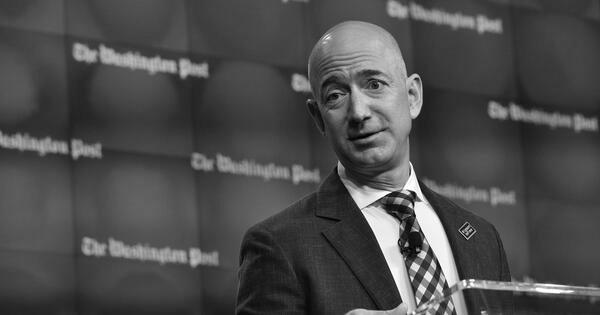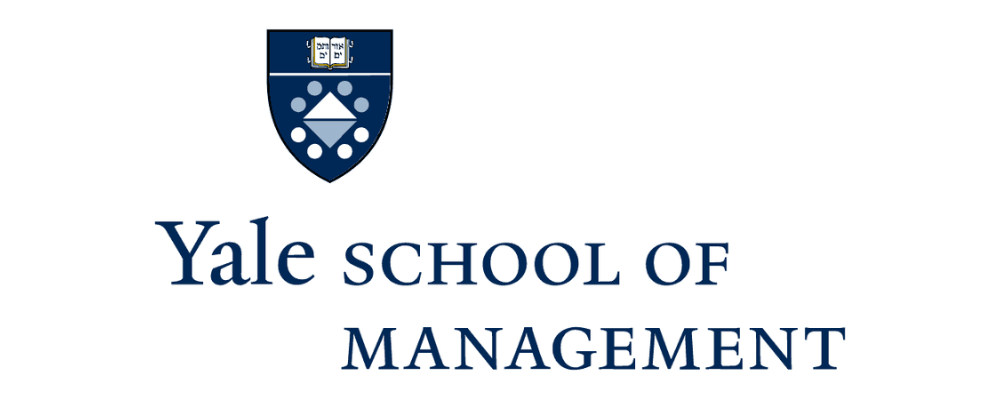
This commentary originally appeared in Chief Executive.
Washington Post owner Jeff Bezos, like Los Angeles Times owner Patrick Soon-Shiong, faced staff revolts, prominent resignations and thousands of readers canceling their subscriptions when his paper suddenly decided to drop political endorsements.
CEOs do make bold choices and reverse prior positions as market conditions and business priorities shift. As PepsiCo’s CEO, Indra Nooyi boldly shifted the company’s product mix to be more nutrition-friendly, cutting saturated fats and sugar. Netflix’s former CEO Reed Hastings launched its on-demand streaming service in 2007, replacing mail-order movie rentals with the instant streaming service that made the company a dominant force in home entertainment. But PepsiCo and Netflix were clear and strategic in their mission shift, while Bezos and Soon-Shiong were not.
Contradictions and Vacillations
First, Bezos and Soon-Shiong stumbled by inconsistently explaining their moves. Bezos’s explanation of his strategic rationale might have been more convincing had he announced it further in advance of the election and not contradicted his own publisher and editor, who had earlier claimed that the decision was not the owner’s mandate.
His explanation—that the move to kill an already-drafted endorsement was intended to restore trust in the paper—was also flimsy. “What presidential endorsements actually do is create a perception of bias,” he opined. “A perception of non-independence. Ending them is a principled decision, and it’s the right one.” If so, why wait so long?
Similarly, the weekend after the L.A. Times endorsement was canceled, the daughter of its owner claimed the paper declined to endorse Harris due to positions on Gaza. Yet, the L.A. Times had never run an editorial condemning those positions. A day later, her father denied that claim, insisting that he had asked for the pros and cons of making an endorsement and that the paper’s editorial board decided to decline an endorsement. The L.A. Times editorial editor Mariel Garza promptly resigned, telling the Columbia Journalism Review that the board had never been asked for such an analysis, much less made the decision to remain silent. She noted that “in dangerous times, people need to speak up.”
Timing Troubles
Many respected newspapers, including The Wall Street Journal, refrain from endorsing a candidate. In fact, over the past decade or so, the number of top 100 U.S. papers issuing presidential endorsements dropped from 92 to 54. However, in this case, both papers changed direction just over a week before an historic election, leading to speculation that fear of political retribution—which Coca-Cola, Delta, Harley-Davidson and others that failed to support positions advanced by then-former president Trump faced—was a factor.
Coupled with university voices shifting toward “institutional neutrality” and some businesses retreating from public positions on society matters, it’s a concerning trend. Tim Snyder, Anne Applebaum and Jason Stanley are among the scholars making the case that democracies slide toward autocracy when the leaders of the pillars of society preemptively capitulate to the rise of autocrats for fear of retribution.
When news of a private meeting between Bezos’s Blue Origins company executives and Trump the day of the canceled Harris endorsement surfaced, Bezos called it a coincidence, stating that “no quid pro quo of any kind is at work here. Neither campaign nor candidate was consulted or informed at any level or in any way about this decision.” These vacillating and contradictory explanations shattered trust.
CEOs can get it wrong. When Coca-Cola replaced its core brand with “New Coke” in 1984, the company faced a storm of customer outrage and reversed course. Sailors navigate by tacking against the wind, but when they get caught with their bow pointed straight into the air current, the boat stalls out, its sails luffing into the wind.
“The Yale School of Management is the graduate business school of Yale University, a private research university in New Haven, Connecticut.”
Please visit the firm link to site




